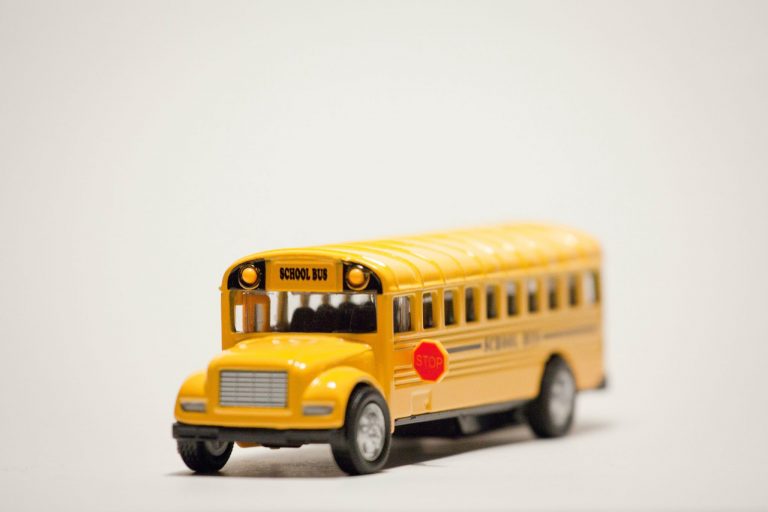I have spoken with many people over the last few months who are glad to be isolating. Their reason is that they no longer have to repeatedly say no, or come up with a “good” excuse not to go out.
We live in a society that has learned not to take no for an answer. We have been socialized to hear “no”and take it as a challenge to change someone’s mind. It is seen as an invitation to push, persuade, and wear someone down. Since a pandemic is an excellent reason to stay in, people are often not put in the position of having to say no, and if they do, they know they have a good excuse.
But why is this the case in the first place? Should we not always listen when someone says no? Respecting no, in both sexual and non-sexual situations, is just one topic taught in sexual health education. A subject many young people have received little of lately.
If we look back one year, the new sexual health curriculum implemented by the conservative government was front page news. A curriculum that ended up mostly untaught, as COVID-19 entered our lives and schools closed for the year after March break. Many teachers choose to teach sexual health education in the spring, therefore many students did not receive this information.
You may be thinking that sexual health is not important, especially now when we have so many other things to worry about, however, sexual health education is about so much more than just sex. It is about bodies, and puberty, and preventing harmful relationships and abuse. It is about consent and decision making and learning how to communicate with others. It is about media literacy and navigating a world full of mixed messages, reality TV and social media.
Comprehensive sex education teaches the value of diversity, respect for others, and the right we all have to feel safe and be ourselves. Young people need this information now more than ever, as their lives have increasingly moved online due to our inability to physically congregate.
At this moment we do not know what the future holds, schools may close again, sexual health may or may not get taught, but we know much learning is done through observing and modelling of behaviour. We can all be sexual health educators by simply modelling respectful behaviour both on and offline.
If someone says “no,”we can respect this the first time we hear it. We can avoid making assumptions about others, no matter how small. We can use the proper names for all body parts. We can respect the right that all people have to dress as they choose and do as they please with their own body. We can share accurate information we find. We do not need to shame people. We can educate ourselves in order to understand better, advocate and be an ally. This is important for the future of our communities.
Stacey Jacobs is a local sex educator and advocate.

